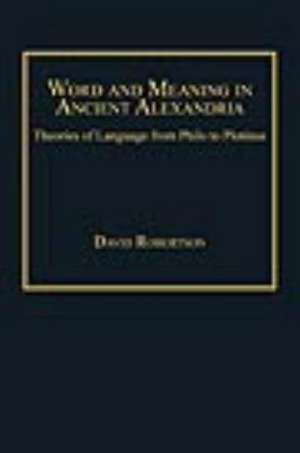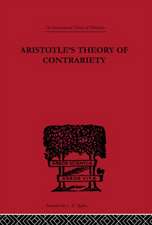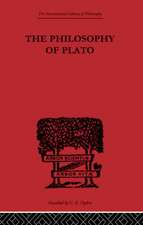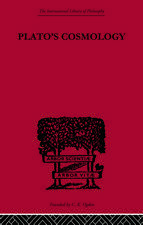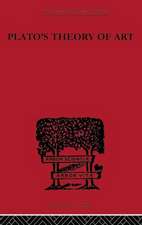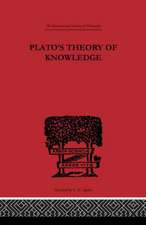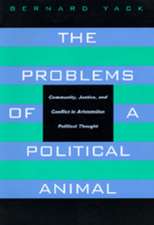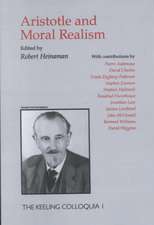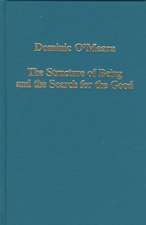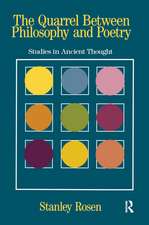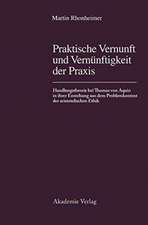Word and Meaning in Ancient Alexandria: Theories of Language from Philo to Plotinus
Autor David Robertsonen Limba Engleză Hardback – 8 iul 2008
Preț: 1052.35 lei
Preț vechi: 1283.35 lei
-18% Nou
Puncte Express: 1579
Preț estimativ în valută:
201.36€ • 210.81$ • 166.62£
201.36€ • 210.81$ • 166.62£
Carte tipărită la comandă
Livrare economică 07-21 aprilie
Preluare comenzi: 021 569.72.76
Specificații
ISBN-13: 9780754606963
ISBN-10: 0754606961
Pagini: 132
Dimensiuni: 156 x 234 x 10 mm
Greutate: 0.39 kg
Ediția:1
Editura: Taylor & Francis
Colecția Routledge
Locul publicării:Oxford, United Kingdom
ISBN-10: 0754606961
Pagini: 132
Dimensiuni: 156 x 234 x 10 mm
Greutate: 0.39 kg
Ediția:1
Editura: Taylor & Francis
Colecția Routledge
Locul publicării:Oxford, United Kingdom
Cuprins
Contents: Preface; Introduction; Philo; Clement; Origen; Plotinus; Conclusion; Bibliography; Indexes.
Notă biografică
David Robertson is a faculty member in the Philosophy Department at Felician College, New Jersey, USA
Recenzii
’The book is clearly written, well illustrated with relevant quotations (in Greek and translation), and also contains an adequate bibliography and indices. It offers an illuminating guide to the interplay between religious and philosophical ideas of mind and language in these thinkers.’ Phronesis
Descriere
During the late Hellenistic and early Imperial periods (B.C. 50 - A.D. 300), important developments may be traced in the philosophy of language and its relationship to mind. Focusing on two basic issues, why is language intelligible and how is communication possible, Robertson traces some related attempts to reconcile immaterial, intelligible reality and the intelligibility of language, explain the structure of language, and clarify the nature of meaning. These shared problems are handled with greater philosophical sophistication by Plotinus, although the comparison with Philo, Clement, and Origen illustrates significant similarities as well as differences between Neoplatonism and early Jewish and Christian philosophy.
